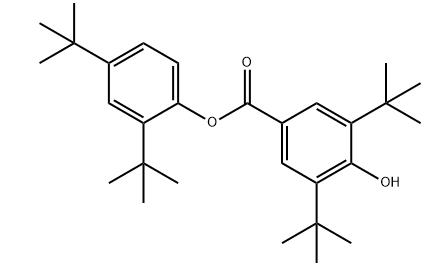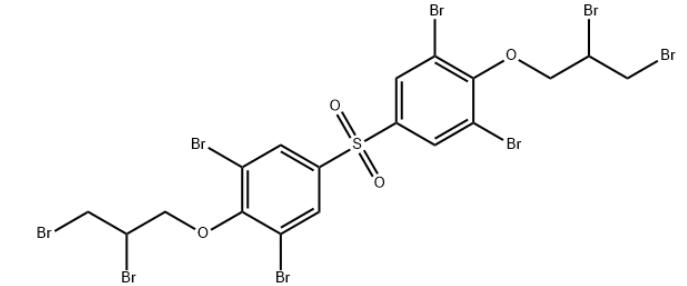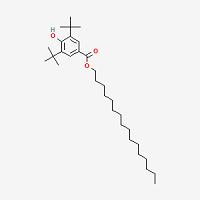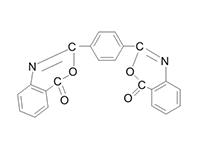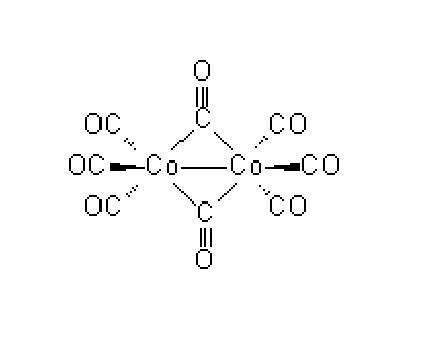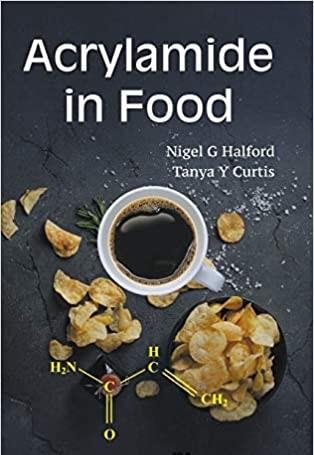The catalyst can change the reaction rate in the chemical reaction, and the composition and the quality of the catalyst can be kept constant after the reaction. The catalyst that accelerates the reaction is called the positive catalyst, slows down called Negative Catalyst or slow agent. It said catalyst is a positive catalyst for the general correction. This kind of catalyst in the industry, especially the organic chemical industry used more, and has great significance, Such as sulfuric acid prepared by contacting, ammonia, hydrolysis of the ester and polysaccharide, Oil Hydrogenation, etc. Commonly used catalysts are mainly metal, metal oxide and inorganic acid. If the catalyst is solid, the substance of the reaction is gas, to form a multi-phase catalytic reaction, this catalyst, sometimes called catalyst or contact agent. The catalyst is generally selective, it can only make a reaction or a certain type of reaction to speed up. But some reaction can be used for a variety of catalysts, such as the hydrogenation reaction can often be platinum, palladium, nickel, should be carefully chosen. In the catalytic reaction, the catalyst is often added cocatalyst known to enhance catalytic action of the catalyst. For example, iron is a catalyst in ammonia industry, adding a small amount of potassium and aluminum can enhance the catalytic effect of iron. The composition and weight of the catalyst and cocatalyst cannot change before and after the reaction. All of the above are inorganic catalysts. The enzyme is a protein, is very important organic catalyst. There are many kinds of catalyst, catalyst and reaction system according to the phase of the classification, there are two types of homogeneous and heterogeneous catalysts. Heterogeneous catalysts most widely used, there are 3 kinds of gas, liquid and solid state, the variety and application of solid catalyst. The solid catalyst, which is made of metal (nickel, platinum, palladium, chromium, cobalt, titanium, va
Application and Supplier of DXSORB 120
DXSORB 120 is a carboxylate derivative and can be used as a UV absorber.
Mar 3,2022 Catalyst and AuxiliaryApplications of DXFR?920
DXFR?920 is an ultraviolet absorber widely used in the production of plastic products.
Mar 2,2022 Catalyst and AuxiliaryUses of DXFR ? 640
DXFR ? 640 is a flame retardant,it is widely used in industrial applications and greatly contributes to the prevention of human and economic losses caused by fires.
Mar 2,2022 Catalyst and AuxiliaryApplication and Performance of DXSORB 2908
DXSORB 2908 belongs to the class of hindered hydroxybenzoate light stabilizer. UV-2908 is most suitable for the protection of polyolefins, polycarbonate and the systems containing flame retardants and
Mar 2,2022 Catalyst and AuxiliaryCharacteristics and Performance of DXSORB 3638
CYASORB UV-3638 is a highly efficient and non-staining UV absorber, which is distinguishied by its superiorly low volatility, and its strong & broad range of UV light absorption together with no color
Mar 2,2022 Catalyst and AuxiliaryCharacteristics and Performance of DXSORB 405
DXSORB 405 is a solid triazine-based UV absorber for coatings. It was designed to meet the high performance and durability requirements of acrylic powder coatings for transportation and industrial app
Mar 2,2022 Catalyst and AuxiliaryCharacteristics and Performance of DXSORB 1577
DXSORB 1577, chemical name UV-1577; 2-(4,6-Diphenyl-1,3,5-triazin-2-yl)-5-[(hexyl)oxy]-phenol, is used as a light stabilizer/UV absorber for polyethylene phthalate polymers intended for use in contact
Mar 2,2022 Catalyst and AuxiliaryReactions of Cobalt carbonyl
Dicobalt octacarbonyl is a metal compound with composition Co2(CO)8. This metal carbonyl is used as a reagent and catalyst in organometallic chemistry and organic synthesis, and is central to much kno
Feb 24,2022 Catalyst and AuxiliaryAcrylamide in Food
Acrylamide is primarily used industrially to make polyacrylamide, which is mainly used in treating effluent from water treatment plants and industrial processes.
Feb 23,2022 Catalyst and AuxiliaryApplication of 2,3-Dichloro-5,6-dicyano-1,4-benzoquinone (DDQ)
DDQ is a deprotection agent for ketals, acetals, and thioacetals. It is a useful electron transfer reagent for synthesis of quinolones and an oxidizing agent used to synthesize steroids.
Feb 16,2022 Catalyst and Auxiliary



